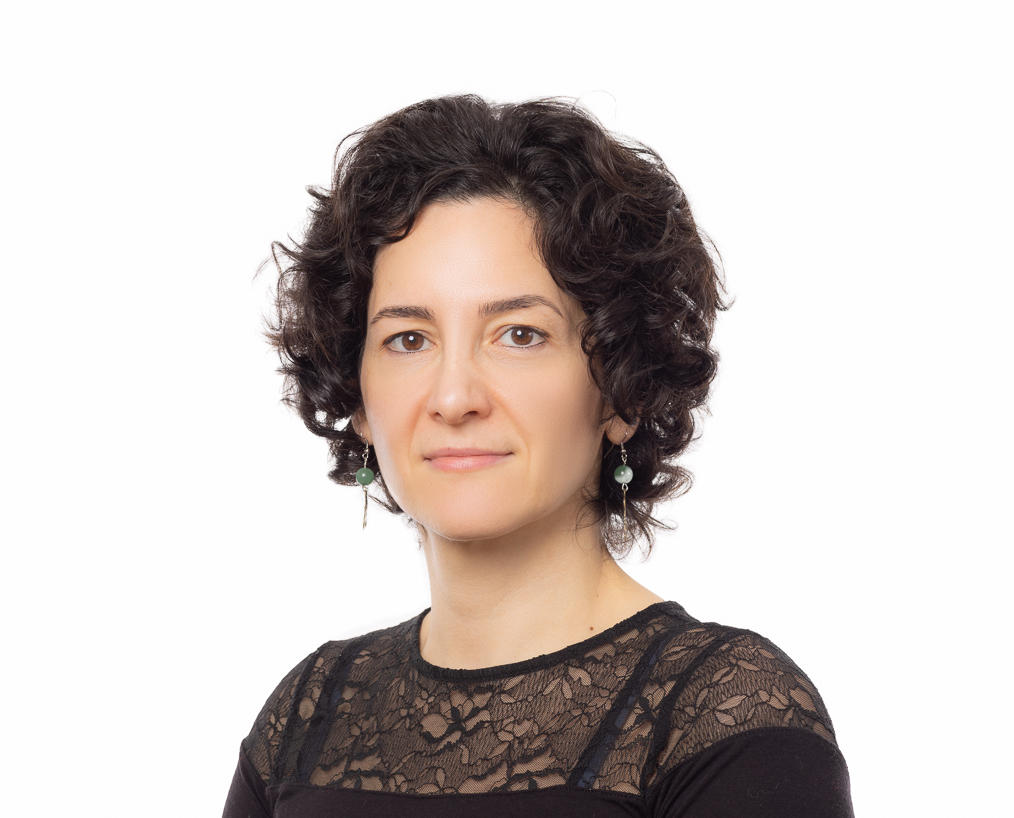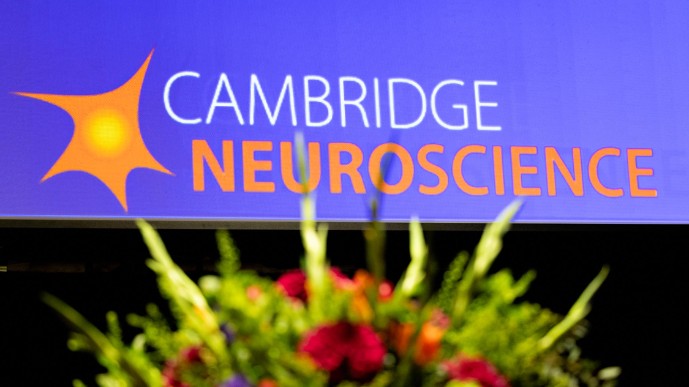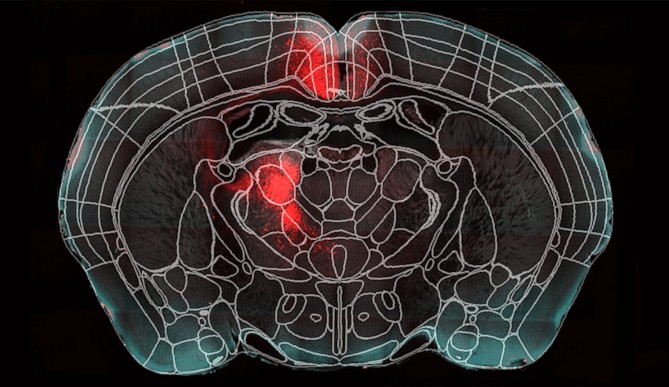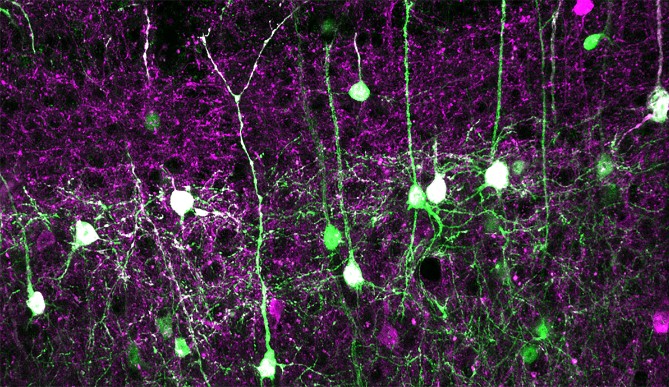
Keywords
Equipment & Techniques
Science Culture
The broad goal of our research is to understand how neurons and the brain circuits in which they are embedded use incoming sensory information to generate cognitive processes and guide behaviour. Our primary focus is on the neural underpinnings of the sense of self-motion and orientation in space. Knowing which way we are heading, how fast we are moving, and our orientation relative to a given location requires the processing and integration of various sensory signals from the body and the surrounding environment. We aim to determine how these different types of information are organised and integrated within thalamocortical and intracortical circuits involved in spatial navigation and how they contribute to orientation computations and behaviour. We investigate these questions both in the healthy adult brain and also during ageing. In doing so, we hope to gain deeper mechanistic understanding of spatial cognition and why it tends to decline with age.

On April 5th 2024, we welcomed more than 240 delegates to Queens’ College for our…

Applications are invited for a postdoctoral research associate position in the lab of Dr. Sepiedeh…

Applications are invited for a postdoctoral research associate position in the lab of…
